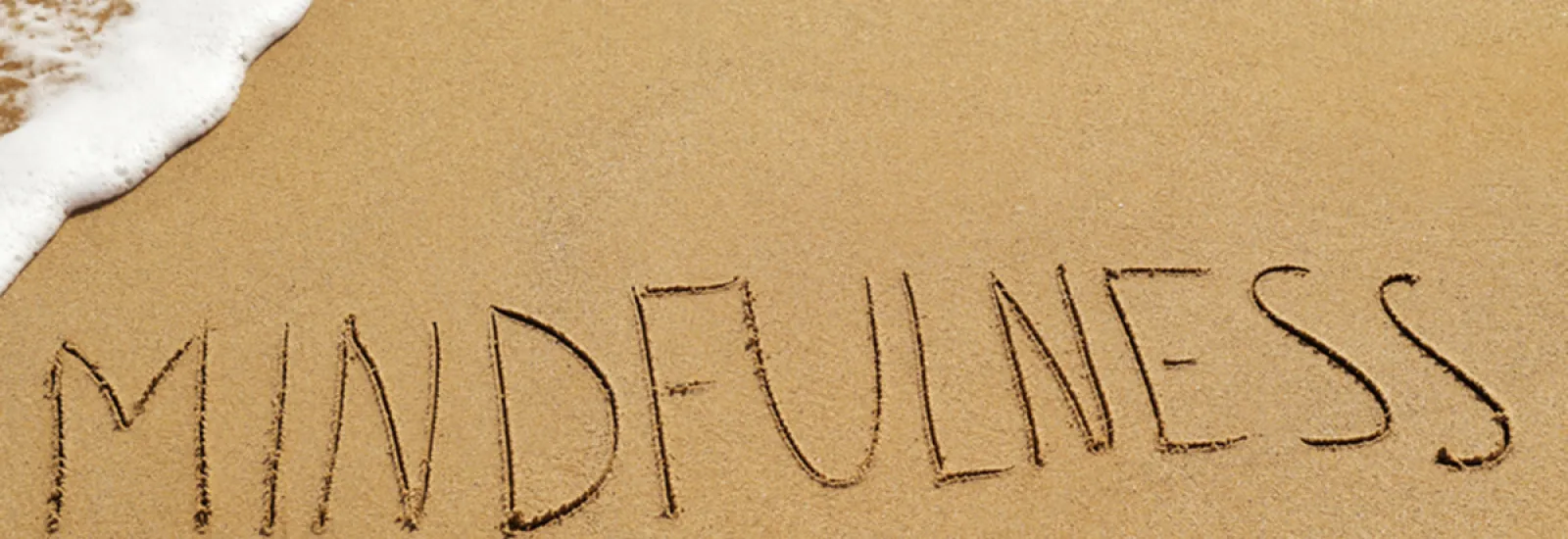
Mindfulness: What is it, and how does it help you?
What exactly is "mindfulness," and how can it help you avoid the negative effects of stress?
Mindful.org describes mindfulness as "a
pretty straightforward word" that means you keep your mind focused on what is
happening around you in the moment, rather than obsessing about the past or
worrying about the future. Staying focused in the moment "is the basic human
ability to be fully present, aware of where we are and what we're doing, and
not overly reactive or overwhelmed by what's going on around us," says the
site.
Health experts say plenty of tools are available to help
with mindfulness, including web sites and apps that can help with meditation,
relaxation and mental health.
Dave Hill, with the Employee Assistance Program (EAP) at
Reid Health, says mindfulness can help reduce anxiety, improve sleep and
generally help keep stress in check. He also notes that a simple breathing
technique is an easy tool to calm you in stressful situations. He suggests
finding a comfortable rhythm and timing for breathing in and out, and stop and "just
breathe" when stress builds up.
"That means your mind is no longer focused on whatever
you are stressed about because it takes concentration for me to find that focus
on my breathing. That naturally helps us refocus on whatever it is we are
dealing with. Deep
breathing is a simple skill, but it does take practice."
Tanja McFarland, also with EAP, notes the point of
mindfulness is to help keep you grounded. It can be as simple as taking
a walk and noting what you see around you. The EAP's Erika Gerhard
also suggests you pay attention to your steps and engage all the senses you can
in those moments.
McFarland and Gerhard suggest the "STOP" technique: "Stop
what you are doing, Turn to your breaths, Observe how you are feeling and
Proceed with what you are doing." It's really an easy way to remember the simple
benefits of pausing, breathing and gathering your thoughts - something anyone
can do at any time, no matter what is going on around them.
The Reid Health EAP counselors offer these additional tips
and resources to help:
- Helpguide.org has a good "Emotional Intelligence Toolkit" with tools for managing stress and emotions, and improving relationships
- The Insight Timer app offers a free library of guided meditations with more than 19,000 titles.
- Calm.com and Headspace.com also offer apps and aids for meditation and sleep, as does Tarabrach.com.
These are just some of many tools that can help you cope
with the day-to-day stresses of life. Practicing mindfulness, good nutrition,
getting enough sleep and remaining active all play a role in ensuring you enjoy
each day and achieve your optimum health.

